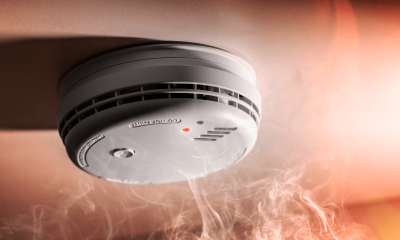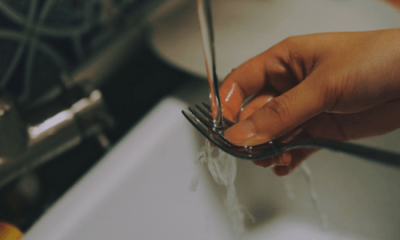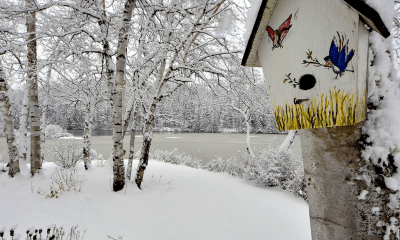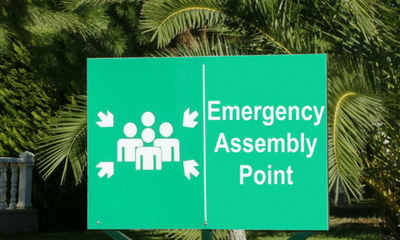Do You Make These Common Fire Hazard Mistakes?
Just last year there were reportedly over 1.2 million fires in the United States causing more than $11.6 billion in property damage, according to the National Fire Protection Association (NFPA). Although some disasters can be largely unpredictable, fires, in particular can be preventable. Here are the most common fire hazards that you should be aware of along with possible preventative measures:
1.) Leaving lights on when you are away
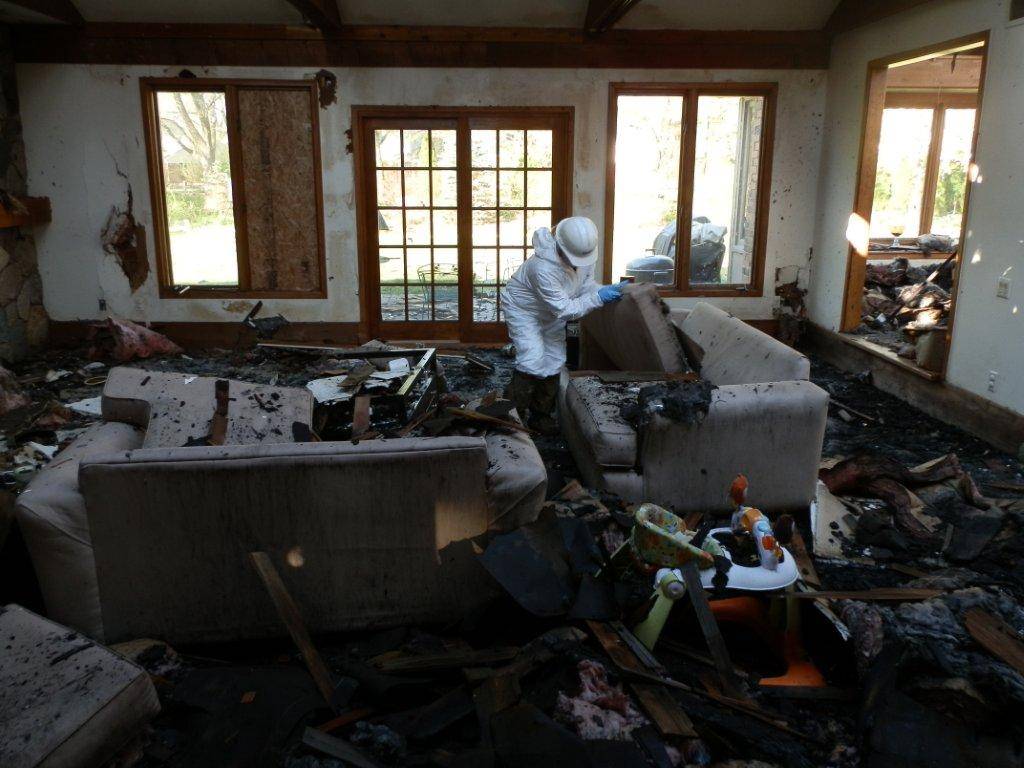 Leaving lights on when you are gone is not only a fire hazard but also increases your electricity bill. Lightbulbs can become very hot and if not used properly can ignite a fire.
Leaving lights on when you are gone is not only a fire hazard but also increases your electricity bill. Lightbulbs can become very hot and if not used properly can ignite a fire.
- Example: A few years ago there was a light fixture that was very common in college dorm rooms as it was stylish and fairly cheap. It caused many fires because the shade(s) were made of plastic. When the bulbs were left on, the plastic would melt causing not only toxic fumes, but also the burning of objects nearby.
Oftentimes, we purchase lamps thinking that they meet all safety regulations; however, they can be fire hazards, so it is better to be safe and turn all lights off when not in use.
Holiday Fire Safety
Around the holiday season it is common for people to put up electrical decorations, both indoors and outdoors. Be sure when setting up decorations to use them properly.
For example, if you have a Christmas tree indoors, be sure that it is watered frequently. A dry tree strung with lights is highly flammable and can easily ignite causing a fire.
Solution
- Unplug any unnecessary lighting when you leave the house
- Install sensor controlled lights outdoors so they only turn on when needed – this will also save on electricity
- Abide by all holiday decoration safety instructions
2.) Improper use of extension cords
-
Overloading extension cords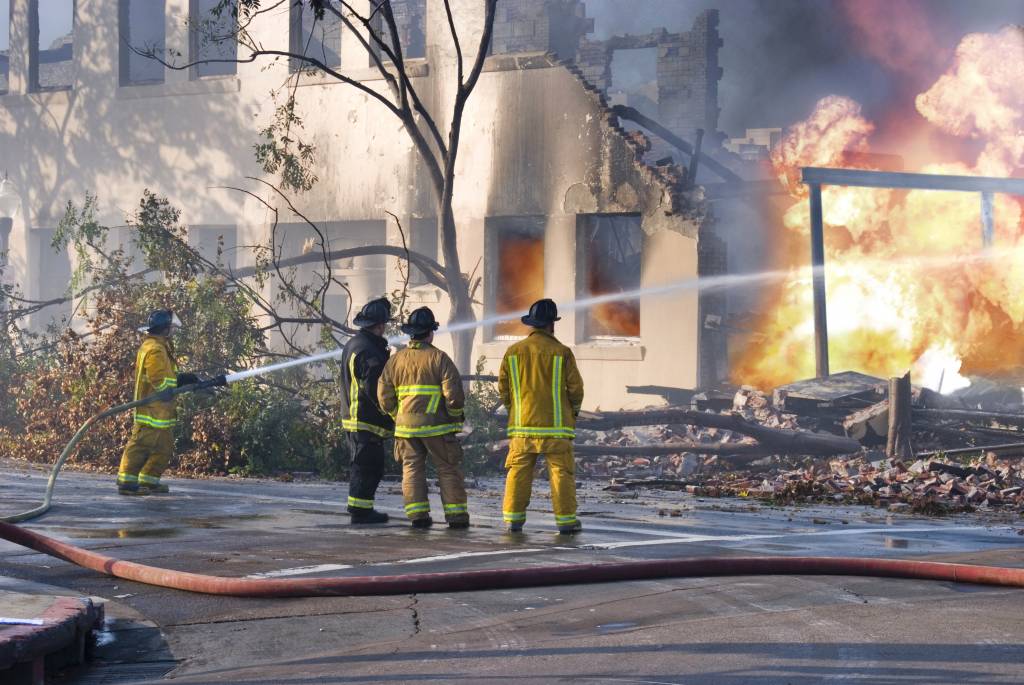
- Plugging too many objects into one extension cord – this is especially prominent during holidays (Halloween, Christmas) when outdoor decorations are in use
- Plugging extension cords into one another in an effort to make them longer
- Running extension cords under carpets or in doorways
- Plugging in large appliances (refrigerator, washing machines, etc.) into extension cords
Solution:
- Extension cords are not meant to be a permanent fix. Have a professional install additional circuits or outlets so you can eliminate extension cords altogether for ultimate safety.
- Plug major appliances into a wall socket that can handle the voltage/wattage of that piece of equipment.
- Measure and buy the appropriate length cord you need for your project.
3.) Not Conducting Frequent Chimney Cleanings
- Animals can build nests in chimneys and leaves and other flammable debris can pileup during the months when they are not in use
- A substance called creosote can build up in a frequently used fireplace and is extremely flammable when not cleaned properly
Solution:
- Good news! According to the Chimney Safety Institute of America (CSIA) – “clean chimneys don’t catch fire.” Hire a professional to clean/sweep your chimney prior to its first use of the year.
4.) Leaving food unattended on the stove/open flame
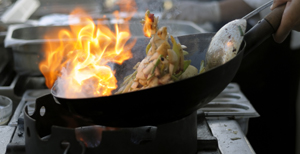 Surprisingly, “cooking is the number one cause of home fires and home injuries,” according to the NFPA. Cooking fires are more prominent on holidays than any other day of the year because hosts often become distracted by the extra commotion in their household.
Surprisingly, “cooking is the number one cause of home fires and home injuries,” according to the NFPA. Cooking fires are more prominent on holidays than any other day of the year because hosts often become distracted by the extra commotion in their household.
Solution:
- Always keep an eye on the food you are cooking
- If you must leave the kitchen, turn the appliance off or have an able-adult keep watch
5.) Forgetting to clean the dryer filter
Lint, just like clothing, is flammable. The buildup on your dryer filter can cause a fire. Dryers come equipped with a removable lint filter. Each time you put a load of laundry into the dryer, be sure to clean it.
Solution:
- Make cleaning the filter a habit. Make a mental note that every time you put a load in, or take one out that you also clean the vent. You could even leave a note for yourself as a reminder that you hang up near the dryer.
6.) Leaving candles lit (unattended)
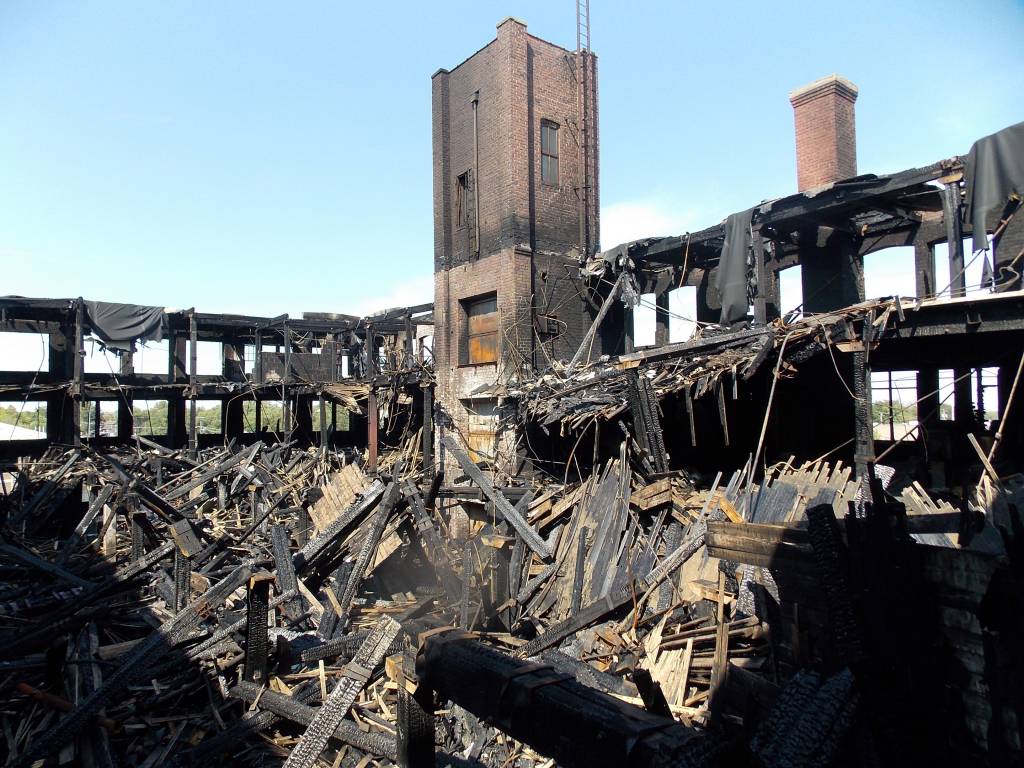 Candles fill your home with wonderful scents and create great lighting. However, they are also extremely dangerous - especially when left unattended.
Candles fill your home with wonderful scents and create great lighting. However, they are also extremely dangerous - especially when left unattended.
Solution:
- Use flameless, or battery-operated candles – there are also other products that melt wax versus having an open flame
- Keep candles at least 12 inches from other objects
- Place candle(s) on a sturdy place where they will not be knocked or tipped over accidentally
- Use appropriate holders for candles that are fire-proof and safe
7.) Using space heaters improperly
In the Fall and Winter seasons, it is common to see space heaters in homes and businesses. Some common mistakes include:
- Putting them too close to bedding, curtains, clothing, and items on the floor
- Using coil heaters improperly
- Coil heaters are especially dangerous because they become extremely hot on the outside
Solution:
- Insulate problem areas properly to remove the need for a space heater
- Add extra heating ducts or radiators to areas that are lacking heat
- If you have children in the house, make sure your coil heater has a fire-proof gate around it
- Purchase space heaters that have timers and automatic shut off features when tipped over
8.) Using a higher wattage bulb than a lamp calls for
All lamps come with a sticker or tag that tells the user what wattage bulb can be used. Anything over this wattage can cause a fire. It is all too common that the lamp is purchased, the sticker is removed for appearances sake, and we do not remember the appropriate wattage and put in whatever bulb we have around the house.
Solution:
- Keep the sticker or tag to your lamp in a safe place, or do not remove it from the lamp at all
- If you need to replace the bulb, reference your sticker or tag, or get the same wattage bulb that was in the lamp originally to replace
9.) Doing your own electrical work
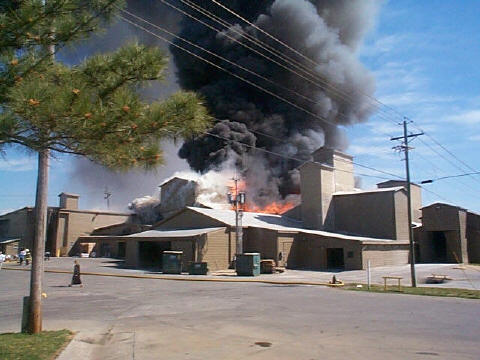 Do-it-yourself projects are becoming more common as home television networks and home improvement shows grow in popularity and research becomes easier via the internet. However, some things should be left to the professionals, like your electrical work. If you are not a certified or licensed electrician, do not attempt to do your own electrical work. There are many steps and precautions to be taken. The only solution to this problem is to hire a certified or licensed professional electrician to complete the work.
Do-it-yourself projects are becoming more common as home television networks and home improvement shows grow in popularity and research becomes easier via the internet. However, some things should be left to the professionals, like your electrical work. If you are not a certified or licensed electrician, do not attempt to do your own electrical work. There are many steps and precautions to be taken. The only solution to this problem is to hire a certified or licensed professional electrician to complete the work.
10.) Smoking indoors
Although in recent years, laws, regulations and health studies have attributed to the decline in smoking in general (especially smoking indoors) it still happens. Besides the health risks associated with smoking, doing so indoors is very dangerous as a cigarette can ignite flammable objects very easily.
Solution:
- If you are a smoker, do so outdoors
- Extinguish cigarette using water or sand
- Do not hold onto cigarette butts (some people place them in their pocket)
- Do not smoke if you are tired, intoxicated or on other medications as this can cause a lapse in judgement where you can essentially ‘forget’ there is a cigarette in your hand
11.) Storing old flammable materials
Many times we try to save materials such as gas, paints, oils, thinners, etc. However, storing these flammable materials can be extremely dangerous and are a fire hazard.
Solution
- Do not keep old flammable materials indoors (this includes basements and garages)
- Dispose of them and drain any equipment that will be sitting that used them as well – lawn mowers, weed whackers, etc.
- If you are planning to store them, do so properly; make sure they are sealed correctly and away from any other flammable materials.
12.) Usage of old appliances or using appliances incorrectly
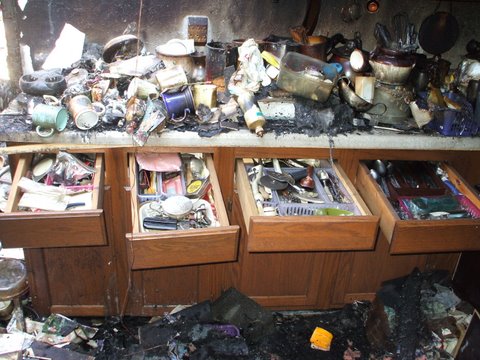 As with any old equipment, the safety standards and features have most likely changed and upgraded in recent years. Using old or outdated appliances can be dangerous as they may not meet today’s safety requirements.
As with any old equipment, the safety standards and features have most likely changed and upgraded in recent years. Using old or outdated appliances can be dangerous as they may not meet today’s safety requirements.
Solution
- Do not crowd large appliances together as they can still produce heat when turned on and can start a fire.
- Purchase new appliances when possible
- Check out rebates through government programs for appliances that are energy/water efficient
Fires can destroy a property within minutes. It is always better to be safe than sorry. Creating good habits, like cleaning your dryer filter frequently and turning off lights that aren’t in use can mean the difference between losing your property and belongings or enjoying your home for years to come.
For further information on the topic of property fires, visit:
- “Homeowners: What to do after a house fire”
- “Suffered damage to your home? Tips to help inventory your possessions.”
- “How to Maximize Your Financial Recovery from a Wildfire Loss”
If you have suffered from an insured property fire and need help with your residential or commercial claim, contact us at 800.382.2468.

